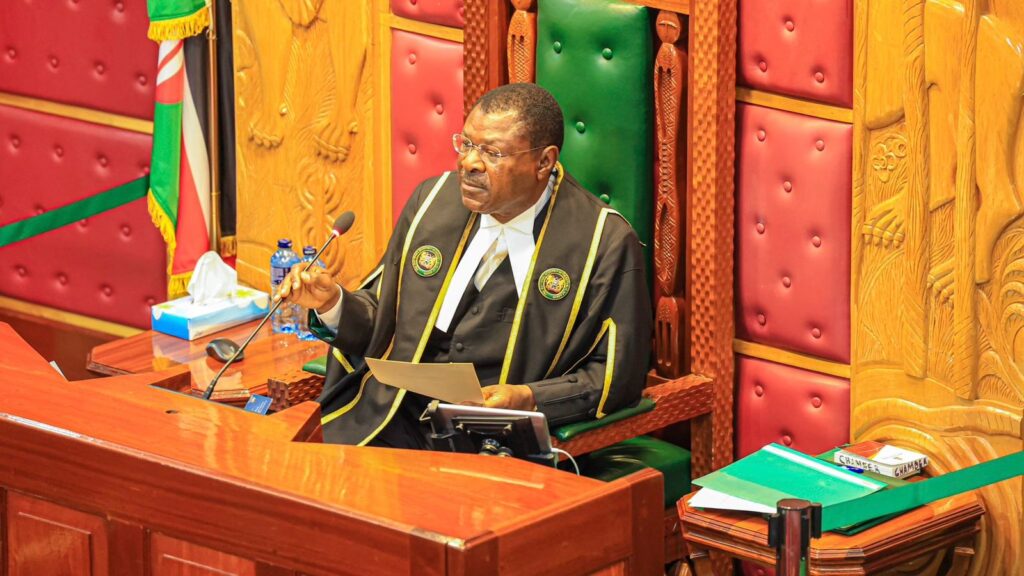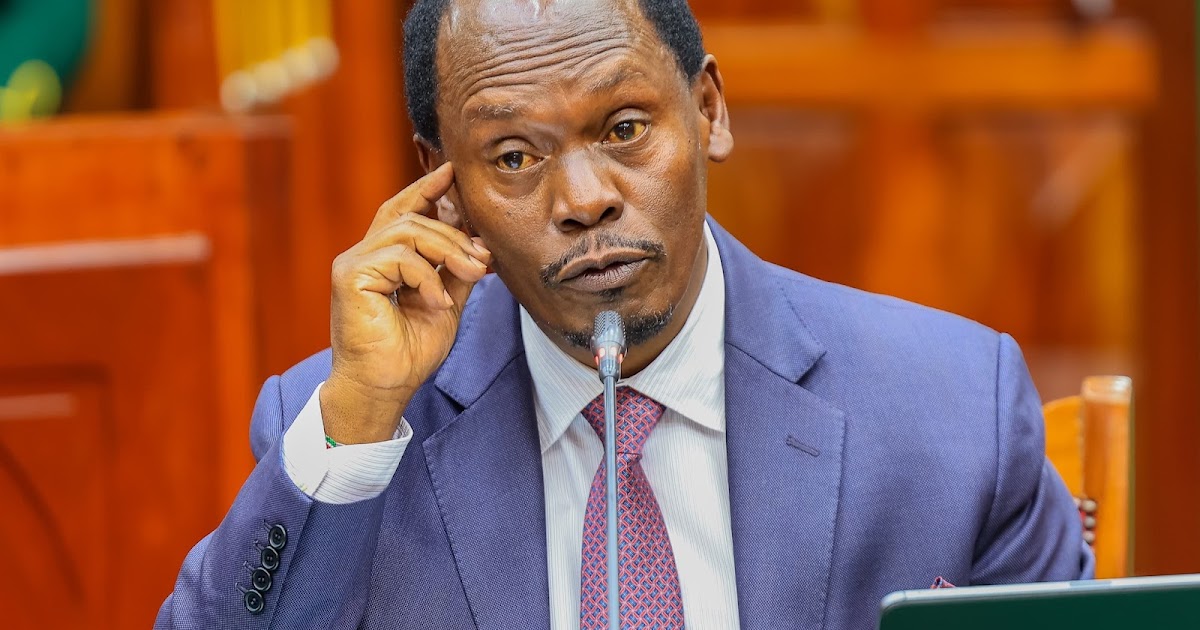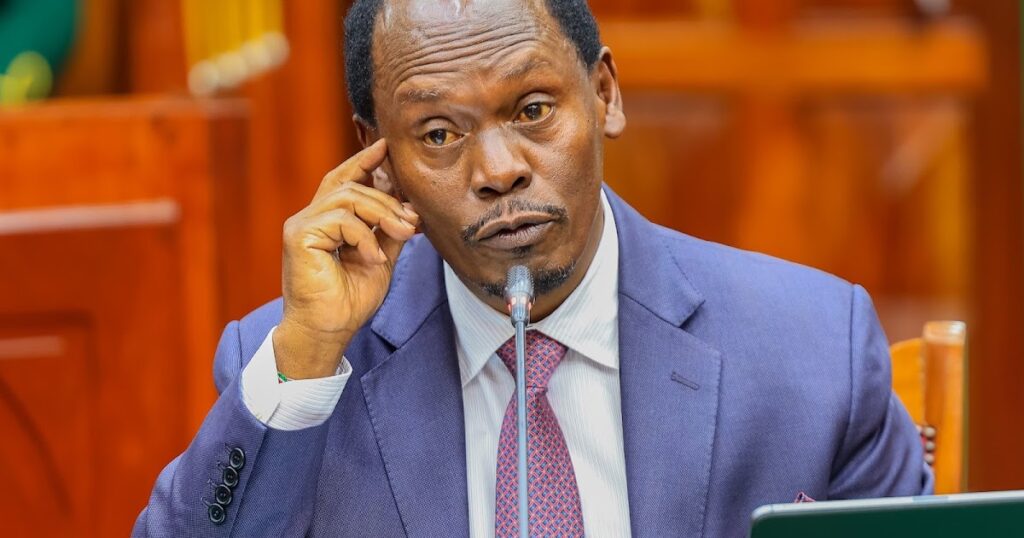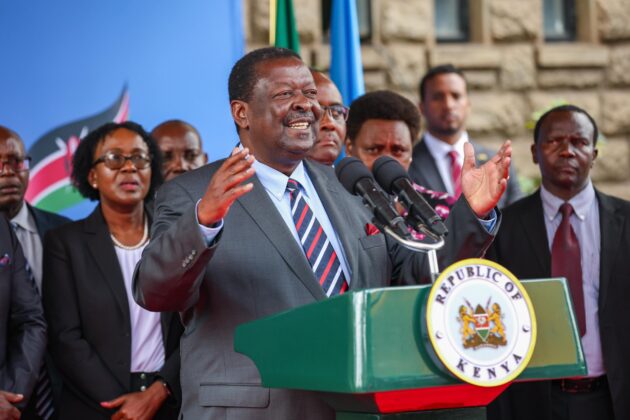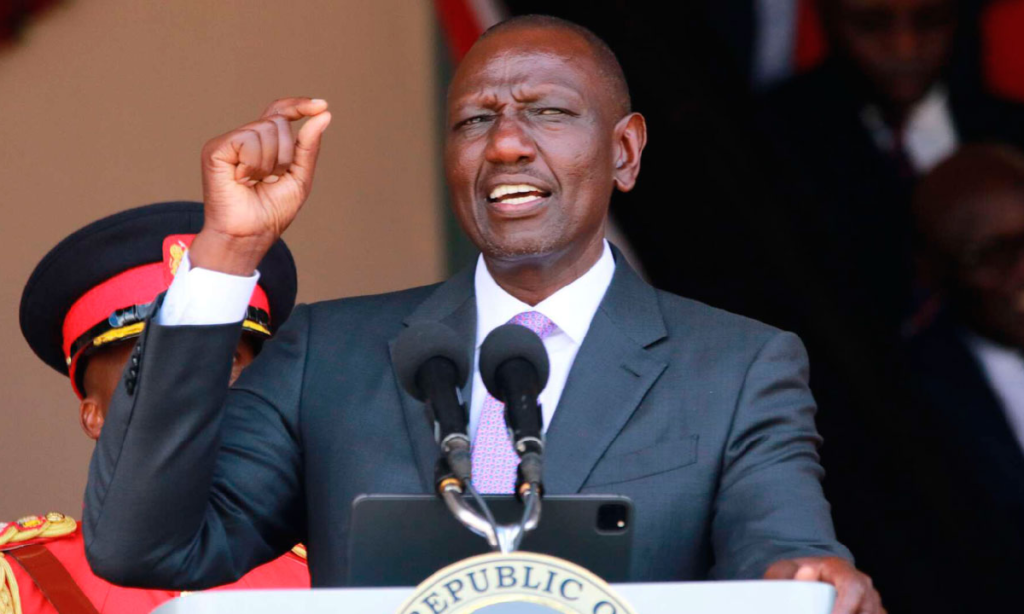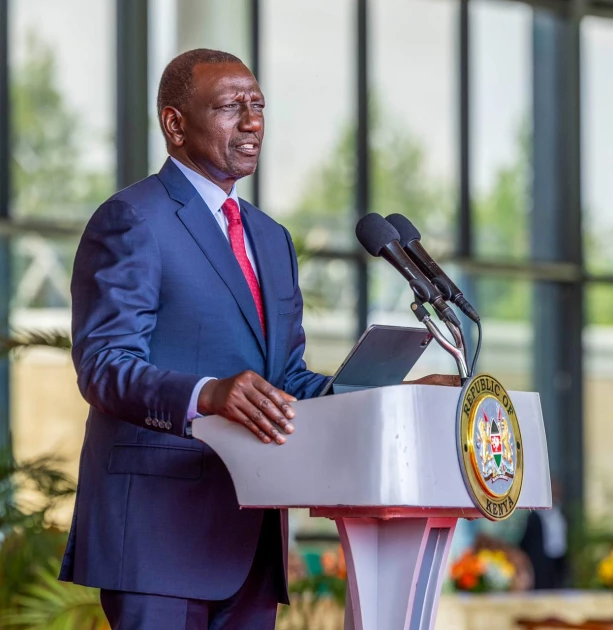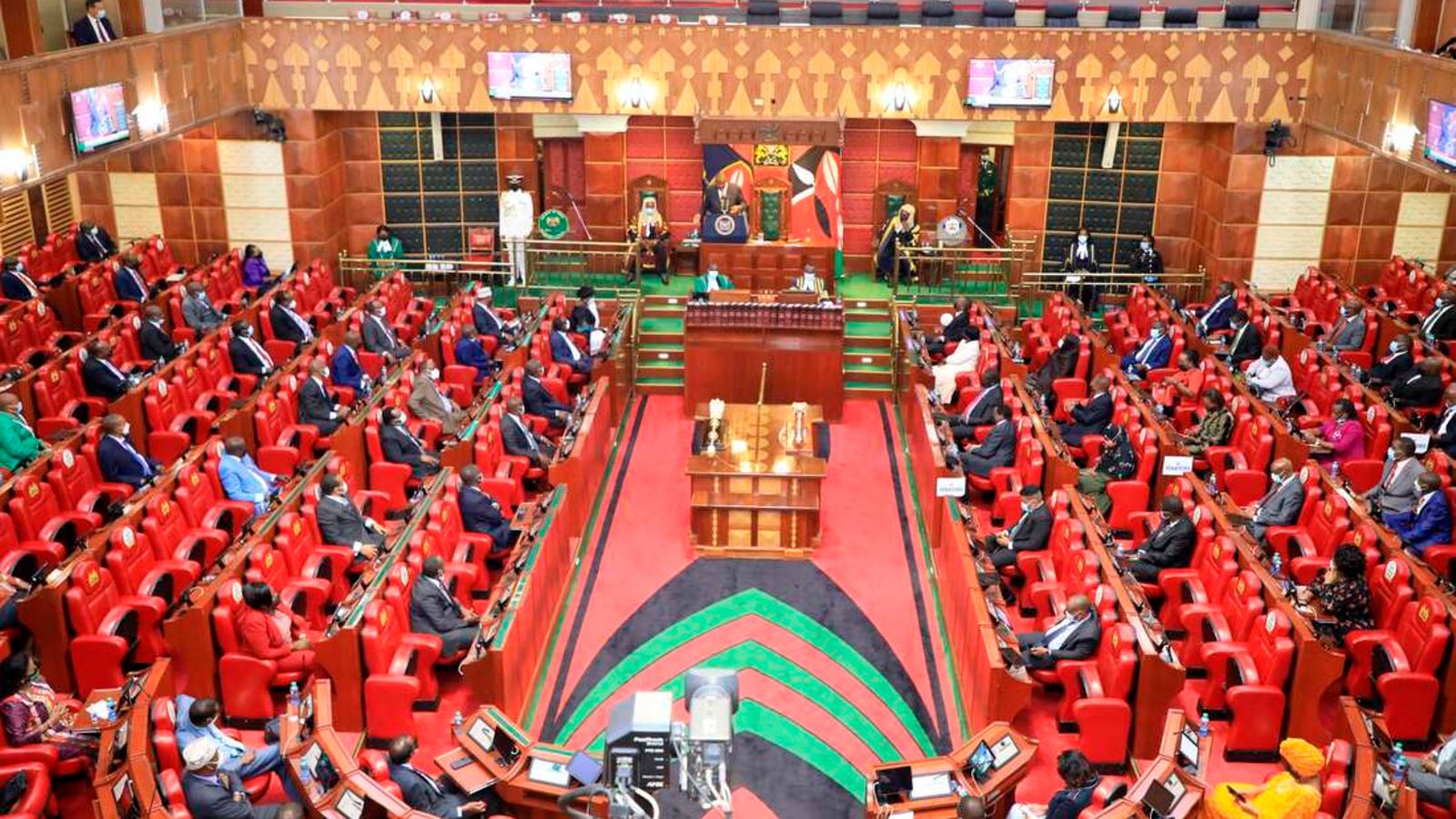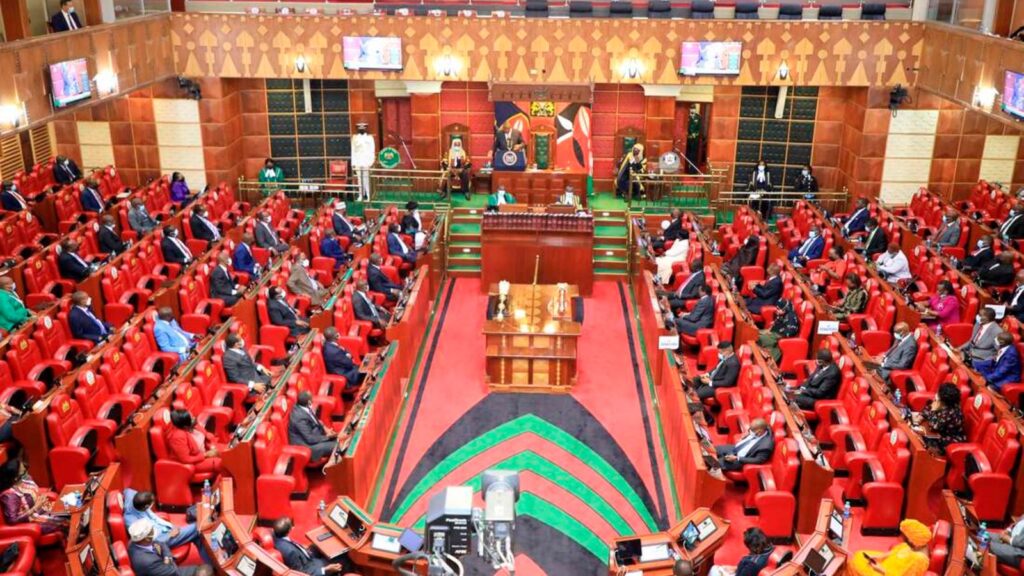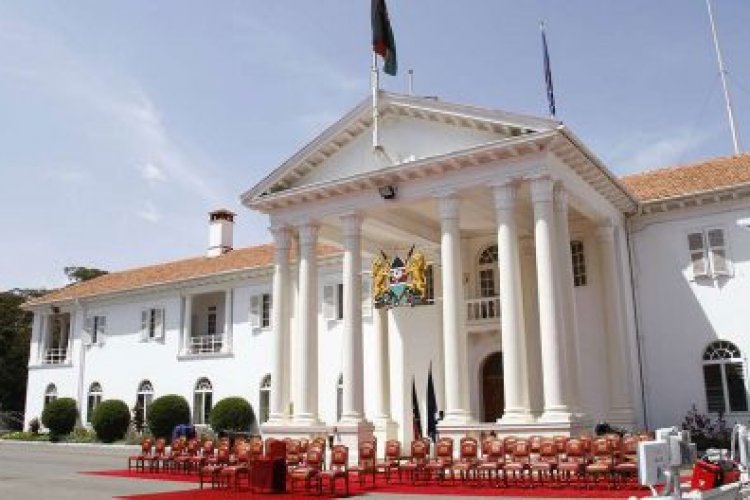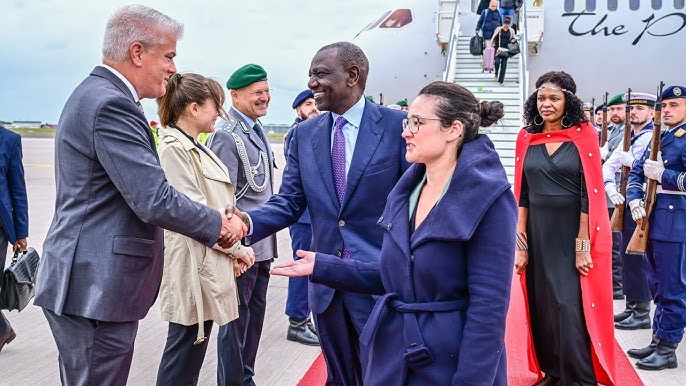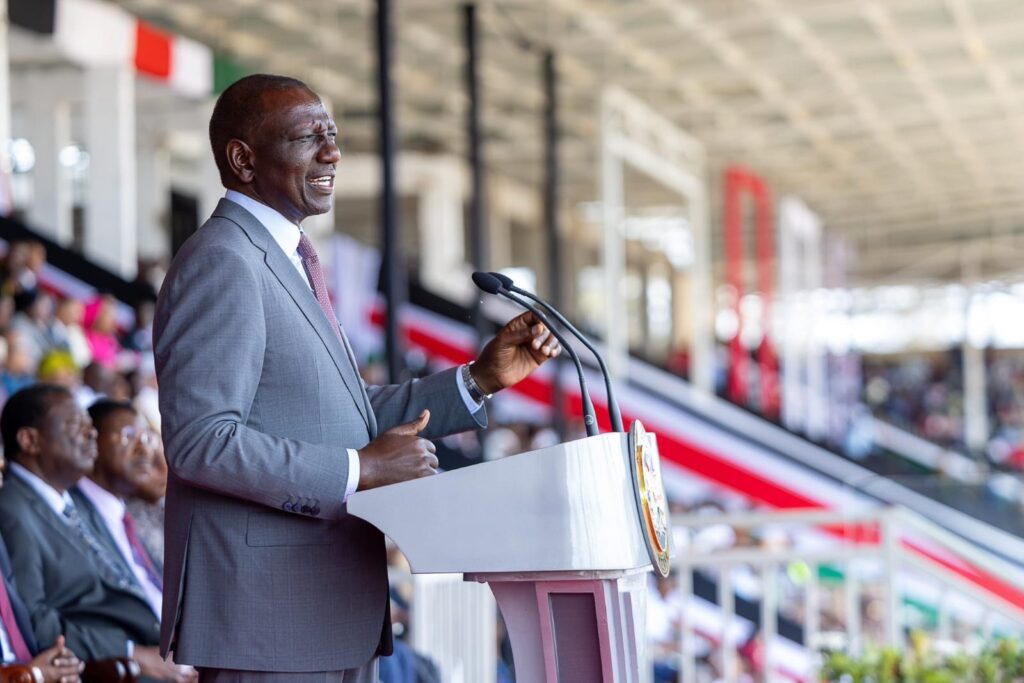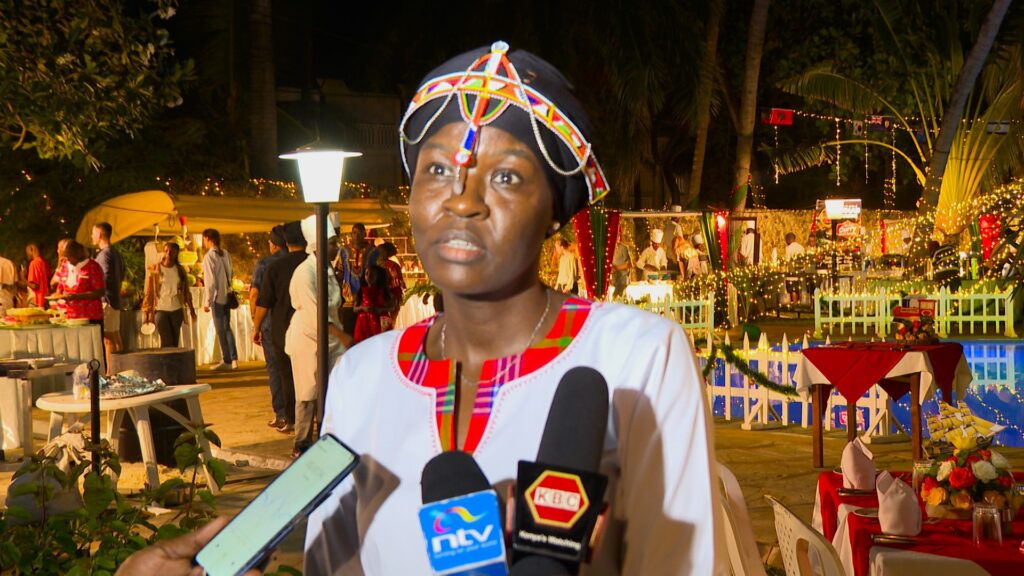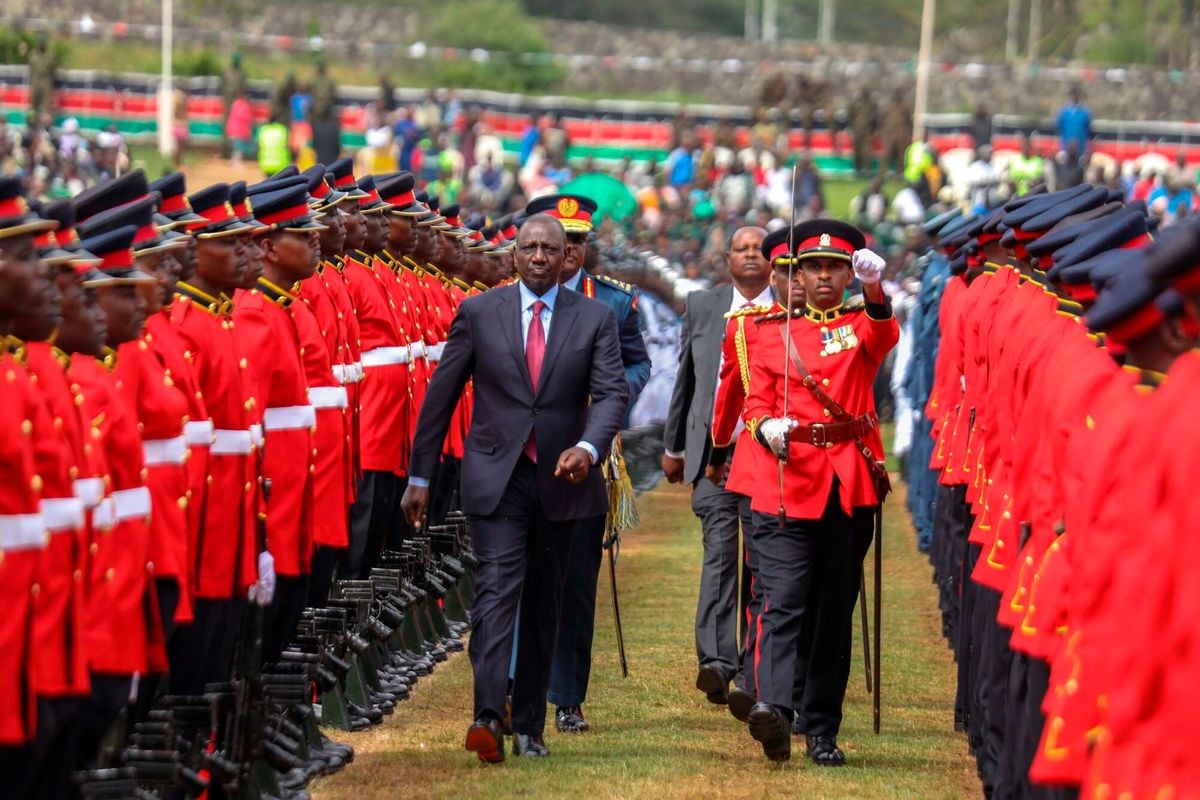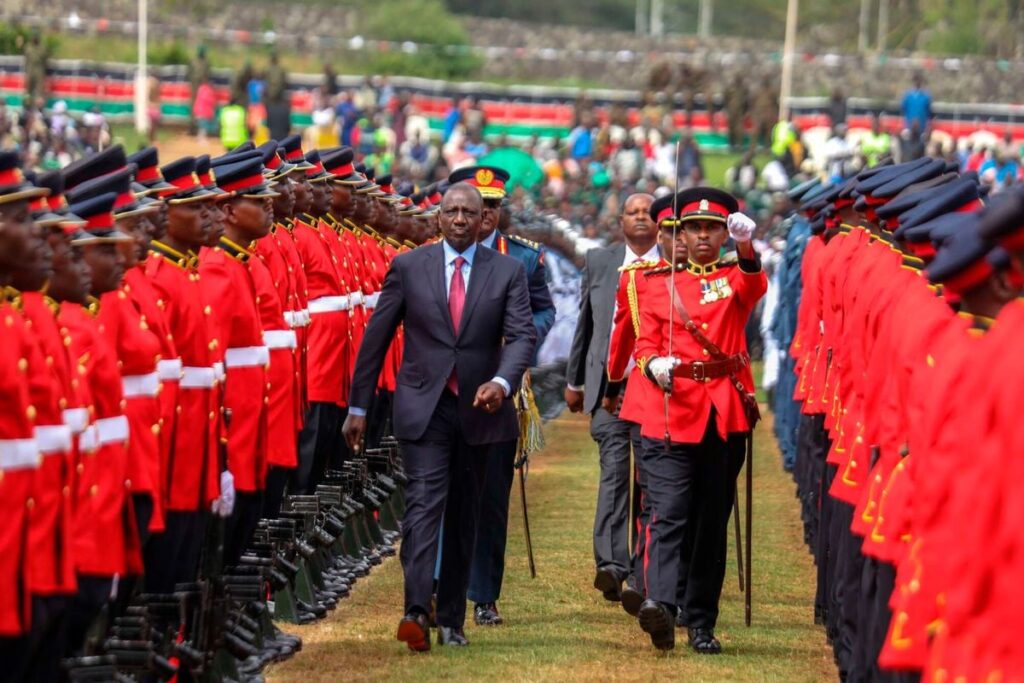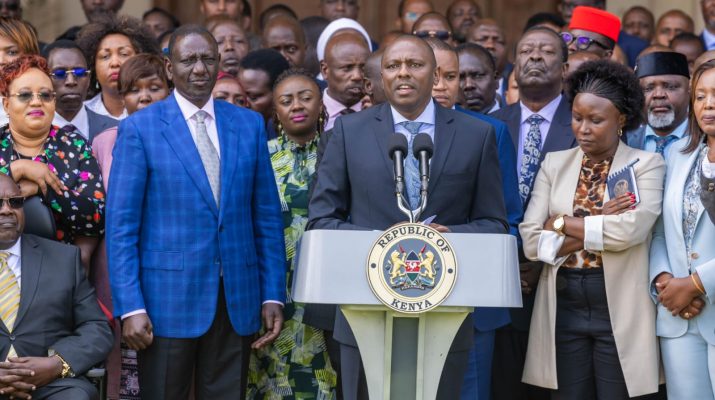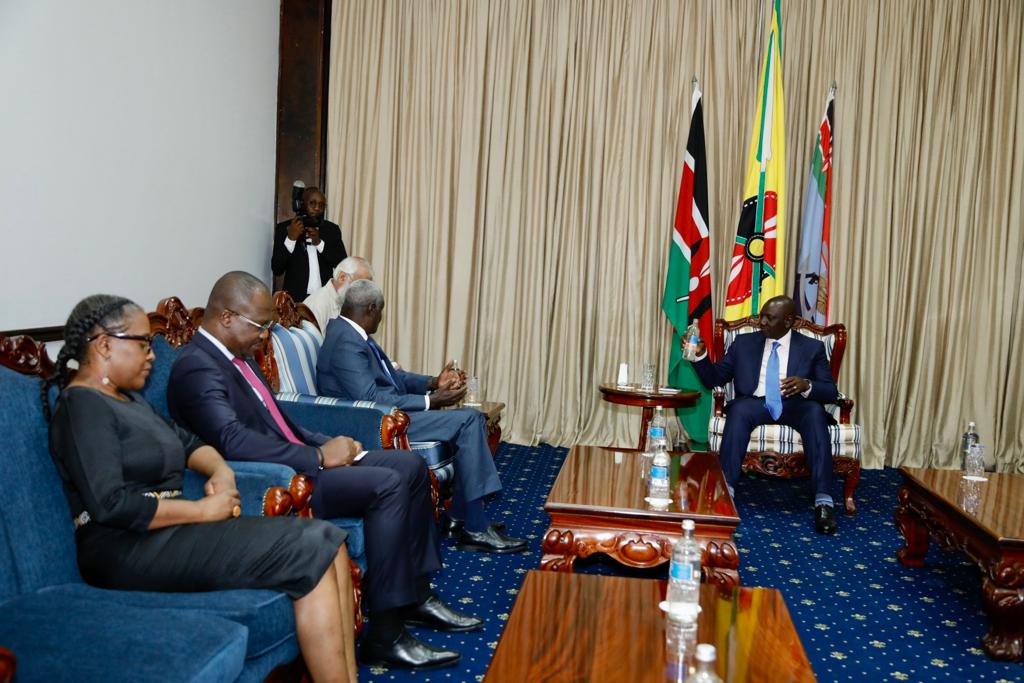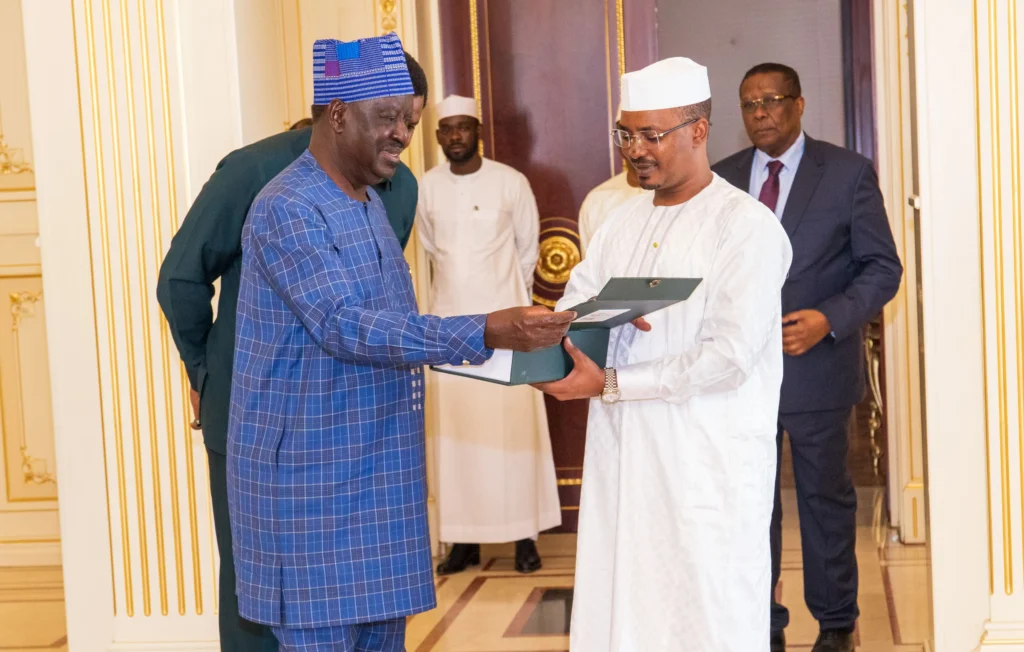Inside Kithure Kindiki’s First 100 Days as Deputy President – Success or Strategy?
Inside Kithure Kindiki’s First 100 Days as Deputy President – Success or Strategy?
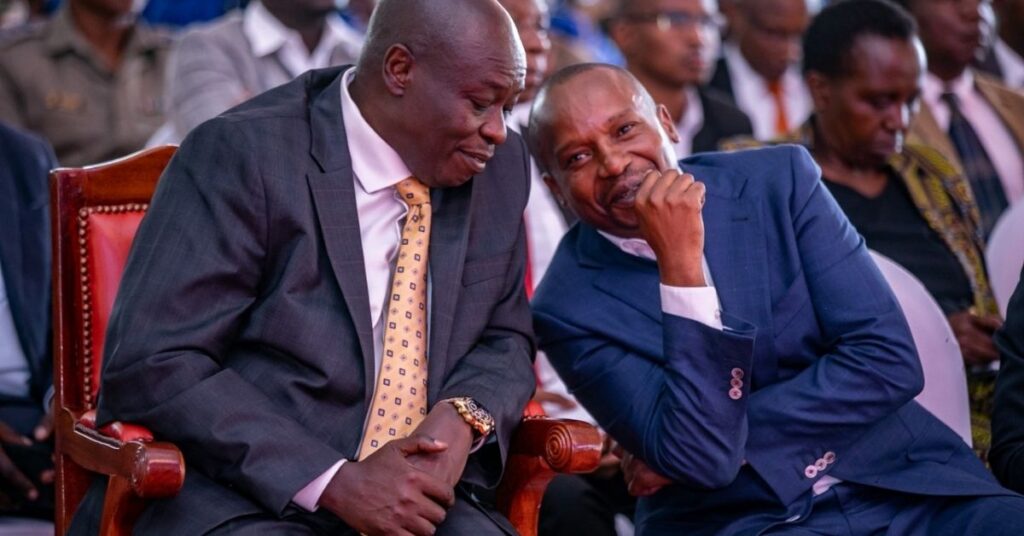
Outside the Kenyatta International Convention Centre Professor Kithure Kindiki swore his oath of office as Deputy President of Kenya on November 1 2024 and the event created a thrilling buzz of enthusiasm. Many people viewed his rise to the country’s top ranking position as the necessary end to unstable political times which ushered in a leadership based on dedication and structured management and public service.
A Deputy President Unlike Any Other
The impeachment of Rigathi Gachagua cleared the path for Kindiki to begin his role through an emphasis on professional achievements ahead of political commitments. The presidential support of William Ruto toward Kindiki stands in contrast to the disruptive relationship between Gachagua and the president. Kindiki maintains absolute support for his leadership while working to advance national growth instead of battling for political dominance.
The supporters of Ruto consider this appointment as his plan to gain an effective and dependable deputy who emphasizes performance above internal conflicts.

The true sign of development success appears in what people actually do.
During his initial 100 days as top minister Kindiki has proven himself crucial for sustaining government projects across the country. He has traveled through numerous regions of the country to venture into development projects which are delayed and break through administrative obstacles while promising continued development to local communities. By actively leading road construction in Kieni and Embu infrastructure improvements he has changed the possible achievements of a Deputy President.
The establishment of county development oversight teams operates directly through Kindiki’s office for the purpose of improving accountability. The teams gather frequently to evaluate the development of critical projects which helps to distribute government resources evenly among all regions. Delegates in Taita Taveta received an assurance from him that he wants to return yearly to deliver reports about progress made along with outstanding items and their justification.
Security Reforms: A Legacy in the Making
Kindiki achieved recognition for his work as Interior Cabinet Secretary both through his fight against crime as well as his efforts to transform the police force before his promotion to Deputy Presidency. Security occupies the highest priority in his professional activities since he took office while he pays special attention to the banditry hotspots of Northern Kenya. Security agency coordination efforts by Kindiki have brought down bandit attacks to a point where citizens praise his work.
The President’s Most Reliable Messenger
The appointment happened during a period when President Ruto needed a solid and efficient method to communicate government decisions. The administration experienced sharp criticism from Gen-Z protesters in 2023 which demonstrated its inadequacies in public relations.
To explain government policies the administration placed Kindiki in a position that requires him to translate relevant information to public audiences. The forums convened by him in various counties allow direct discussions with community leaders as well as professionals and religious groups about government plans.
Given the objective of this new approach the government intends to establish better relationships between officials and constituents to ensure citizen involvement and response to their questions.
Balancing Loyalty and Personal Ambition
Kindiki demonstrates a masterful capability in walking a tightrope because he continues to support his boss yet he builds his individual political platform. Instead of public political conflict he chooses to support Ruto in his leadership without facing off with him in public.
He shows independence through his strategic actions. The president relies on his deputy for important events yet Kindiki has created his own initiatives which prove his position as an independent leader.

Current speculation about Kindiki’s position remains unclear because he avoids public political confrontations while supporting Ruto’s leadership.
Kindiki used his unexpected December vacation for two weeks as his first leave period during his time at the Interior Ministry. The public speculated about his position in the administration when he did not attend both the president’s New Year’s address and the funeral of National Assembly Speaker Moses Wetang’ula’s mother. Externa watchers raised such claims about his demotion but the Interior Minister denied all assertions as completely unfounded.
He continues to concentrate on running efficient government programs together with development initiatives at the forefront of his direction.
What’s Next for Kindiki?
The Deputy President will face his biggest challenge ahead in preserving this initial drive so he can manage expected political drama that accompanies high office.
Guidance from Ruto alone will determine the stability of his political alliance. The challenge for him will be to avoid political interference as he works to achieve his promised goals. Kindiki demonstrates potential political ambitions to seek the presidential position even though these plans remain unconfirmed
Only time will tell. This Deputy President spends his first 100 days focused on work rather than political activities according to his current office performance.
The current political environment often features ambitious motives competing with actual public service yet Kithure Kindiki brings a pristine approach to his work. Time will reveal which path Kithure Kindiki will follow: political pressure or his original path of office. The nation of Kenya continues to observe the political developments happening under his leadership.




